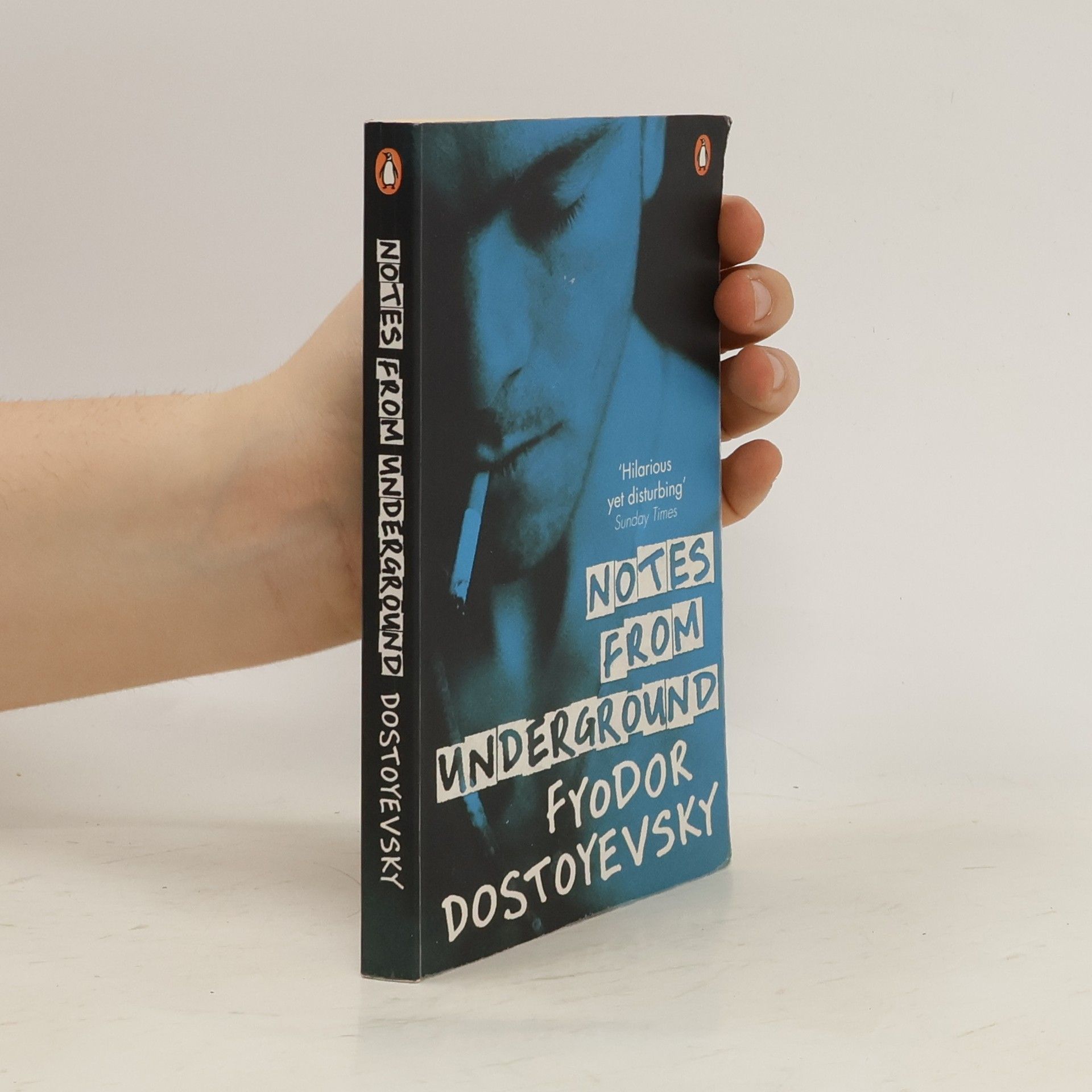Will Self nás ve svých povídkách zasvětí do výzkumu neuvěřitelně nudného amazonského kmene ur- Bororů, zavede nás na podivné psychiatrické oddělení č. 9, objasní nám, co se děje s lidmi po smrti, vysvětlí nám převratnou kvantitativní teorii šílenství a ukáže, co všechno obnáší „čekání“ – to vše se smyslem pro anglický, hodně černý a absurdní humor.
Will Self Knihy
William Self je anglický romanopisec, kritik a publicista známý svými satirickými, groteskními a fantastickými romány a povídkami. Jeho díla se často odehrávají ve zdánlivě paralelních vesmírech, kde prozkoumává temnější stránky lidské povahy. Selfův jedinečný styl kombinuje syrový realismus s prvky nadpřirozena, čímž vytváří znepokojivé, ale zároveň podmanivé čtenářské zážitky. Jeho psaní vyniká ostrou kritikou společnosti a lidských slabostí.

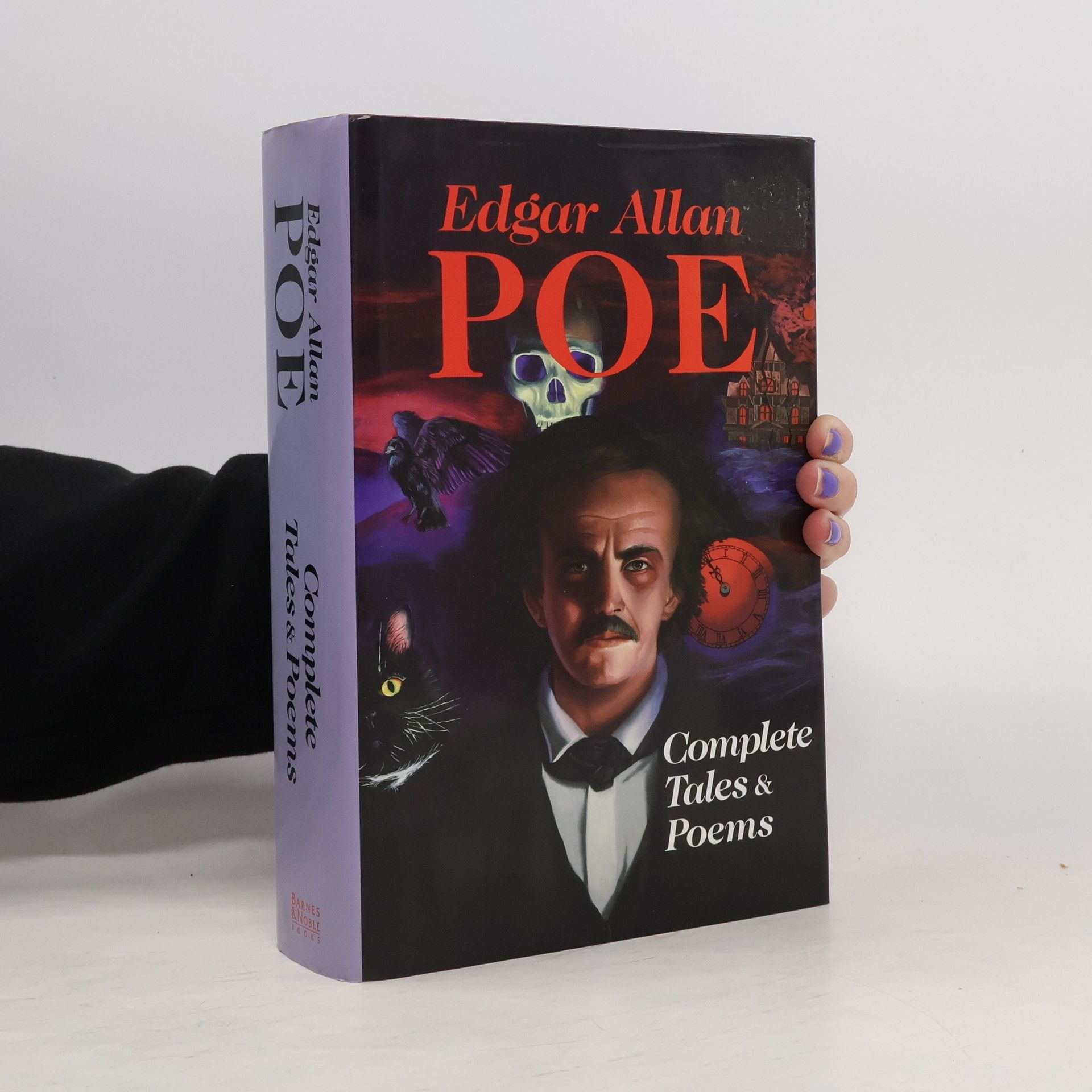
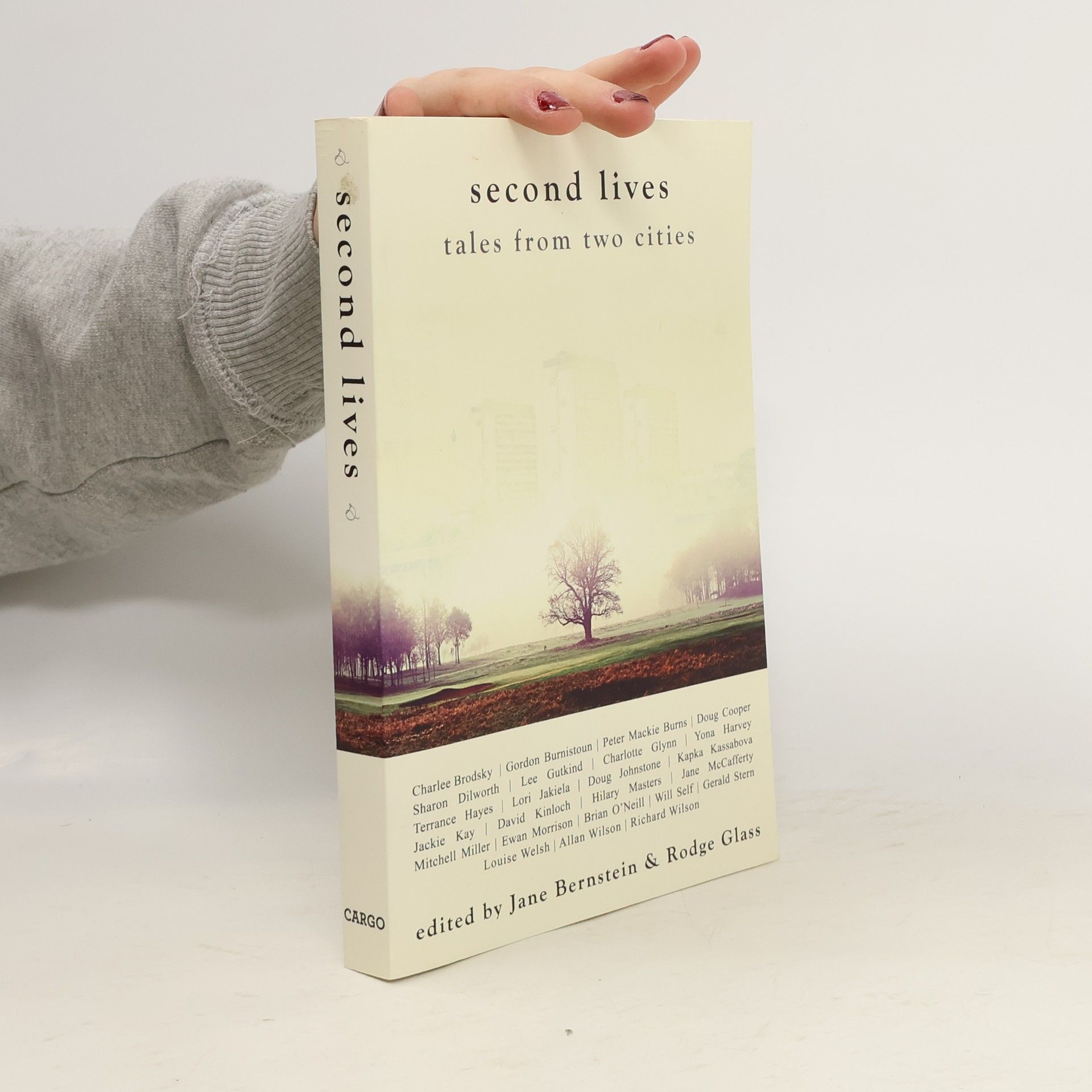
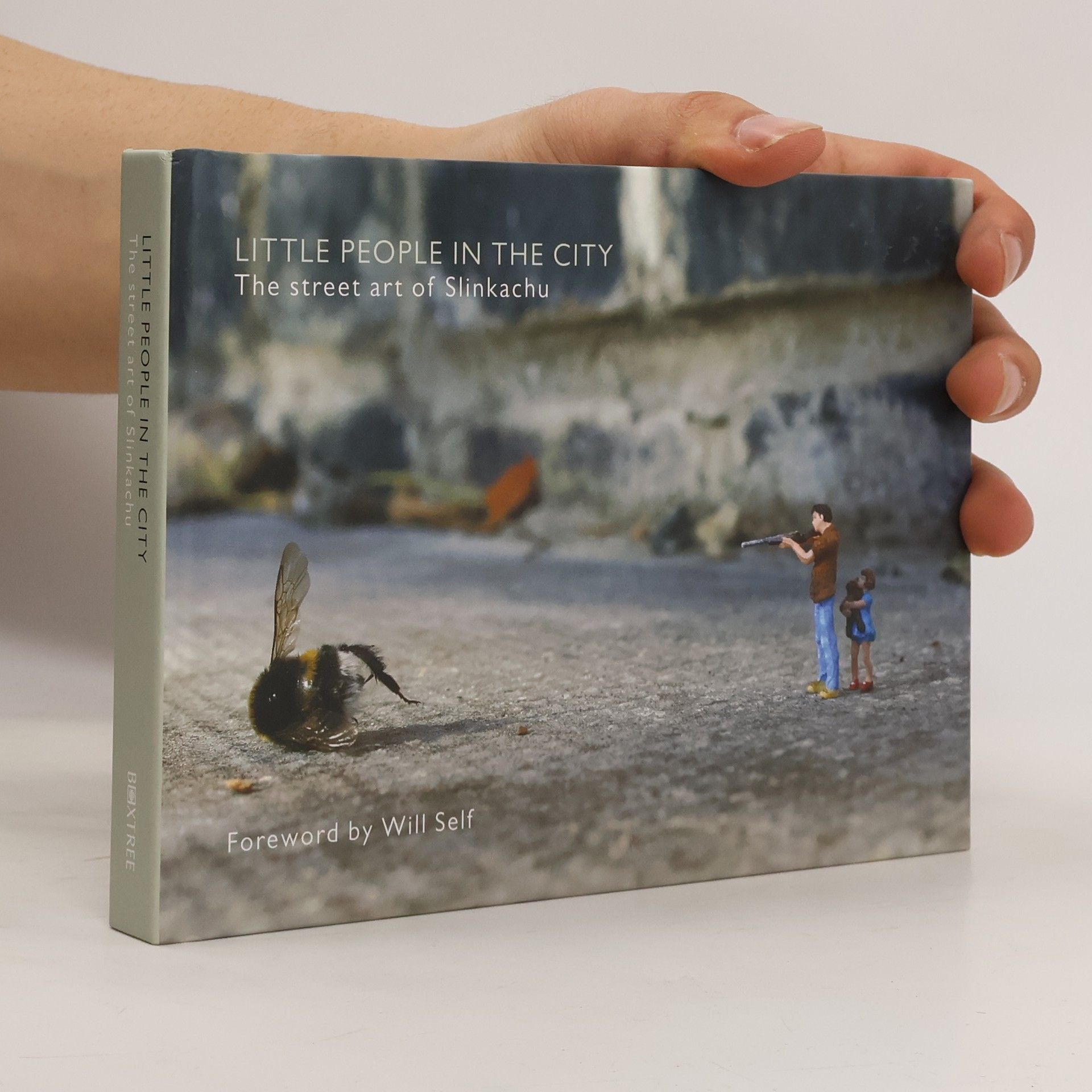

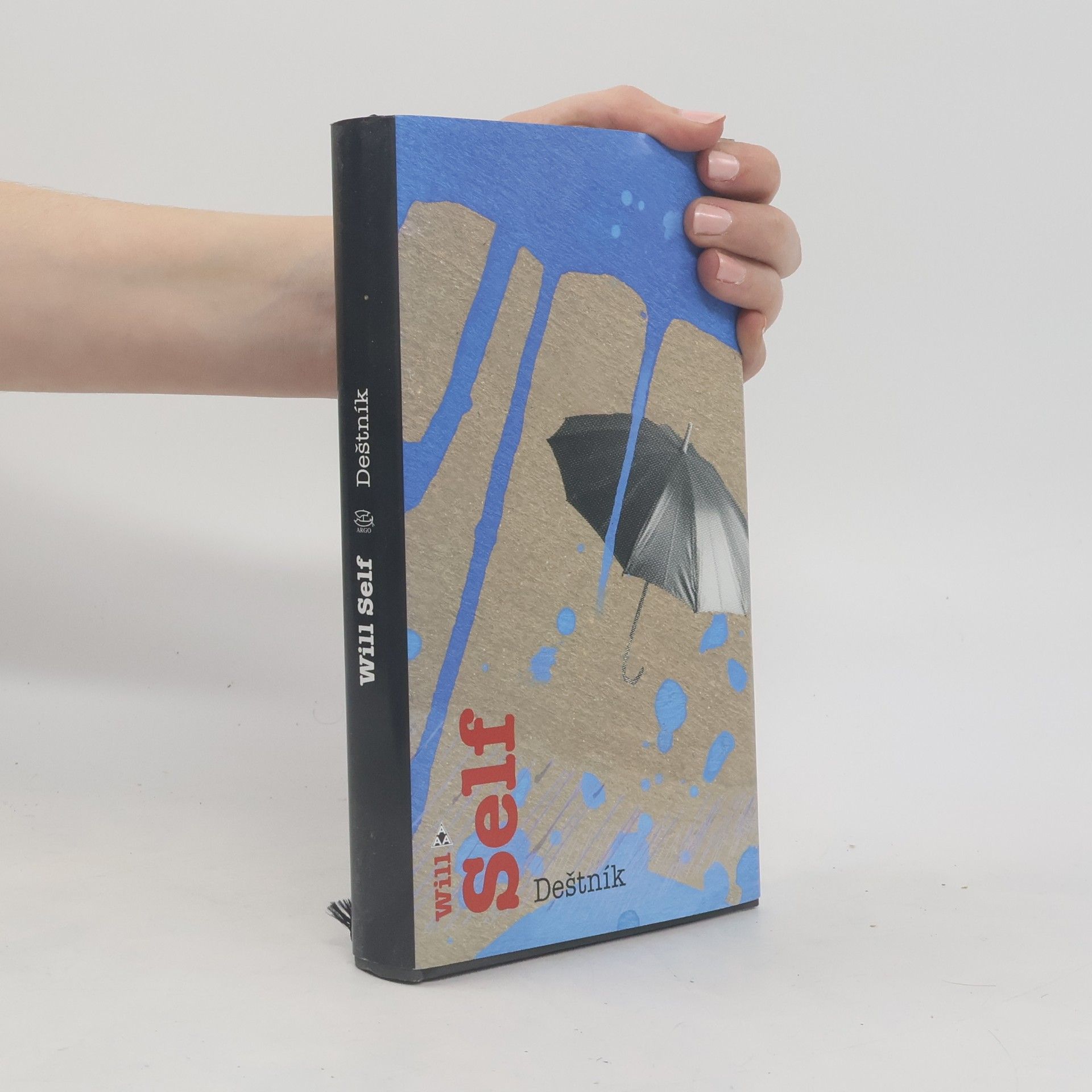

Hrdinou vypravěčsky hravého, jazykově vynalézavého Deštníku je psychiatr Zachary alias Zack Busner, postava, jež se objevuje i v autorových dřívějších povídkách. Srdcem příběhu je setkání hlavního hrdiny psychiatra Zacharyho s pacientkou Audrey v jednom severolondýnském ústavu pro duševně choré v šedesátých letech dvacátého století. Audrey je považována za duševně nemocnou mylně, ve skutečnosti trpí záhadnou spavou nemocí, z níž se ji Busnerovi podaří načas probudit. Self se inspiroval slavnou knihou britsko-amerického neurologa Olivera Sackse Probouzení (česky, Dybbuk 2010) pojednávající o pacientech, kteří onemocněli při epidemii „spavé“ encefalitidy v letech krátce po skončení první světové války a které se na sklonku šedesátých let podařilo Sacksovi „probudit k životu“ experimentální léčbou dopaminem. Self se ovšem námětu zmocňuje romanopisecky volně a odvážně v monumentálním vyprávění, které se na osudech tápajícího Busnera, tajemné a nepoddajné Audrey a Audreyiných bratrů pokouší zachytit klíčové rysy moderní západoevropské civilizace od počátku dvacátého století do současnosti.
Vajgl
- 300 stránek
- 11 hodin čtení
Když se turista ocitne v cizí zemi – o níž ví jen to, co píšou v turistických průvodcích, nezná místní zvyklosti, místní politický, a už vůbec ne právní systém – ve špatnou dobu na špatném místě, zakládá si na obrovský malér. Opravdový malér nastane ale teprve tehdy, kdy se ukáže, že vlastně nezná ani vlastní manželku, ba ani vlastní děti a že mu to dosud vlastně docela vyhovovalo – to teprve začne ta pravá šaráda. U Willa Selfa se ale kafkovská šaráda postupně mění v conradovskou cestu do srdce temnoty a v tragédii s překvapivým, i když vlastně docela předvídatelným koncem. Hlavní roli v této knize má Pasivita a Nevůle vzít svůj život do vlastních rukou. Selfova další „komická“ kniha, v níž se svým ryze osobitým humorem, jízlivostí a hraním se slovy a významy předkládá parodii, satiru a kritiku turismu, kolonialismu, rasismu, nejrůznějších právních systémů, mezinárodních vztahů, antropologie, neurologie, „břímě“ bílého muže či spíše divadelních bezpečnostních „protiteroristických“ opatření. Kniha získala v roce 2008 Bollinger Everyman Wodehouse Prize.
Little people in the city
- 128 stránek
- 5 hodin čtení
He's like Banksy -- but not as big...They're Not Pets, Susan,' says a stern father who has just shot a bumblebee, its wings sparkling in the evening sunlight; a lone office worker, less than an inch high, looks out over the river in his lunch break, 'Dreaming of Packing it all In'; and a tiny couple share a 'Last Kiss' against the soft neon lights of the city at midnight. Mixing sharp humour with a delicious edge of melancholy, Little People in the City brings together the collected photographs of Slinkachu, a street-artist who for several years has been leaving little hand-painted people in the bustling city to fend for themselves, waiting to be discovered. . . 'Oddly enough, even when you know they are just hand-painted figurines, you can't help but feel that their plights convey something of our own fears about being lost and vulnerable in a big, bad city.' The Times
What is a city? Do people make cities or do cities make people? And can cities have second lives? We all inhabit cities, but what do they mean to us? What do we mean to them? Is the city a real thing in the 21st century? How do we integrate their pasts to their futures? What are the threats facing cities in the western world? These are just some of the questions posed by the fascinating studies in this book. Through essays, poems, psychogeography, short stories, and more, an array of today’s leading writers and thinkers join together to look at cities in the western world. Focusing on the two former industrial heartlands of Glasgow and Pittsburgh, this international and diverse collection is asking the big questions and getting the most creative answers. From Will Self’s psychogeography of Glasgow, to National Book Award winner Terrance Hayes’ stunning poetry, this collection will make you think, feel, fear, and fight for what part cities play in our daily lives. Bold, diverse, and daring, these pieces are a must for anyone who cares about where we live and what it means to live in the urban sprawl of now. Will Self, Jane Mccaffery, Edwin Morgan, Ewan Morrison, Terrance Hayes, Allan Wilson, Louise Welsh, Kapka Kassabova, Gerald Stern, Doug Johnstone, Lori Jagielka, Hilary Masters, David Kinloch, Yona Harvey, Sharon Dilworth, Lee Gutkind, Richard Wilson, and many more.
Complete Tales and Poems
- 1092 stránek
- 39 hodin čtení
This collection features a diverse array of poetry and fiction, showcasing the author's mastery of language and themes. The poetry section includes works such as "O, Tempora! O, Mores!" and "To Helen," exploring emotions and existential musings. Notable pieces like "The Raven" and "Annabel Lee" delve into love, loss, and the supernatural, while "The Conqueror Worm" and "Dream-land" reflect on mortality and dreams. In the fiction segment, the author presents captivating stories like "Metzengerstein" and "The Fall of the House of Usher," blending horror and psychological depth. Other tales, such as "The Murders in the Rue Morgue" and "The Tell-Tale Heart," exemplify the author's pioneering contributions to the mystery and detective genres. The collection also includes whimsical narratives like "The Duc De L'Omelette" and thought-provoking fables such as "Silence: A Fable." Throughout, the author explores themes of identity, reality, and the human condition, employing a rich tapestry of characters and settings. The interplay of poetry and prose invites readers to reflect on the complexities of life, making this a compelling anthology for lovers of literature.
Ten little books in a shelf box. Box itself shows a bit of shelf wear but is intact with no tears. The little books are all intact, but some are slightly yellowed with age but are clean and have been well protected.
Why Read
- 336 stránek
- 12 hodin čtení
From the Booker-shortlisted author of Umbrella, a world-girdling collection of writings inspired by a life lived in and for literature.
Notes from Underground
- 128 stránek
- 5 hodin čtení
How far would you go to escape the real world? The underground man had always felt like an outsider. He doesn't want to be like other people, working in the 'ant-hill' of society. So he decides to withdraw from the world, scrawling a series of darkly sarcastic notes about the torment he is suffering. Angry and alienated, his only comfort is the humiliation of others. Is he going mad? Or is it the world around him that's insane?
Elaine
- 290 stránek
- 11 hodin čtení
Set in 1950s America, the story follows Elaine as she grapples with her dissatisfaction in a seemingly perfect life with her Ivy League husband and child. Standing by her mailbox, she questions her choices and ultimately seeks freedom through a reckless affair. This decision leads to the unraveling of her marriage and forces her to confront the consequences of her actions, exploring themes of identity, desire, and the constraints of societal expectations.


